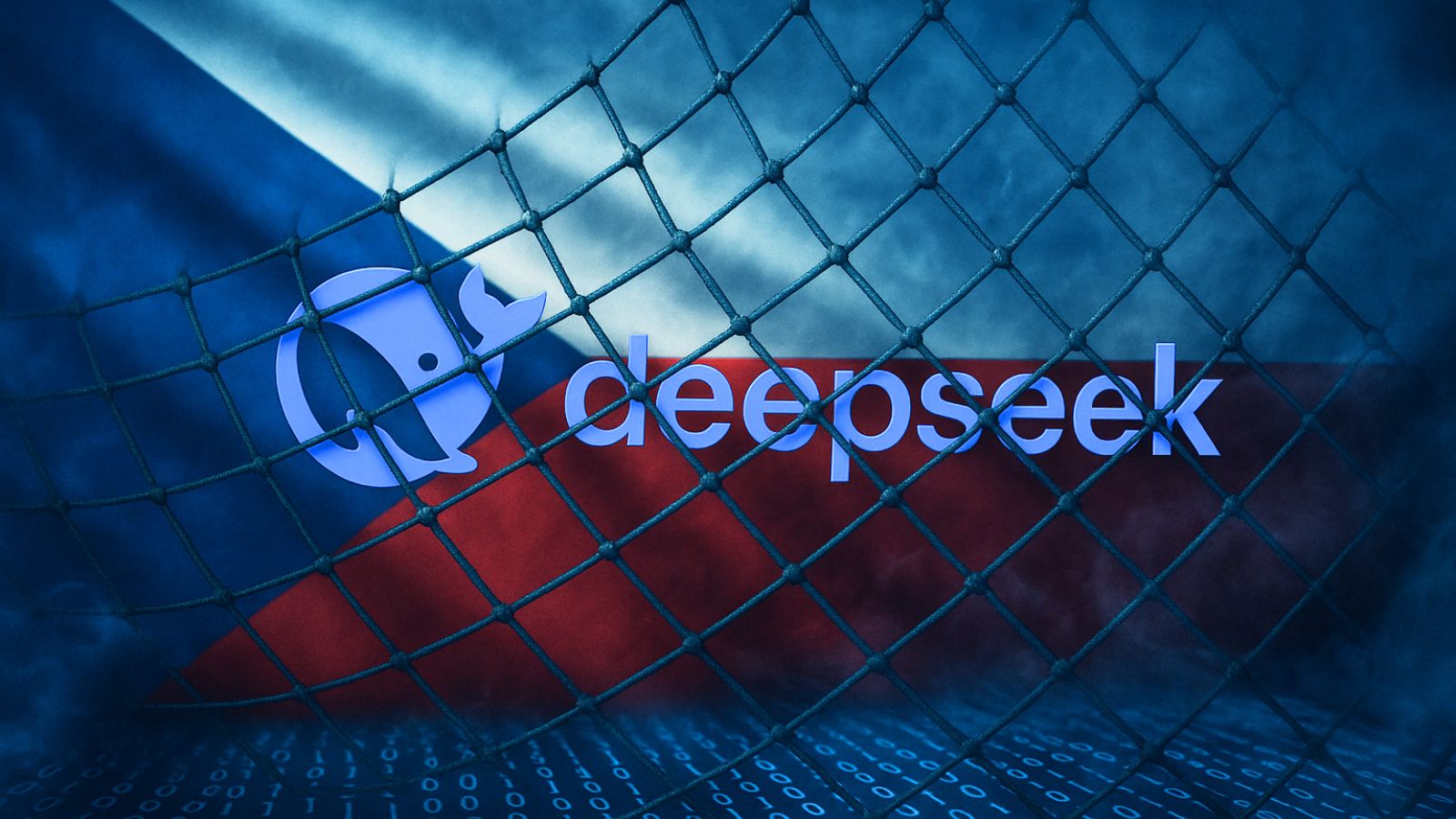
“Banjo” is Establishing an AI-Powered Surveillance Network in Utah
- Utah is going to be one of the very first US States to install a “panopticon” system to watch out for crimes.
- Privacy rights advocates are worried about the system’s bias, the potential for abuse, and violation of the people’s right to secrecy.
- Pro-active policing based on AI systems is the next big thing, and Utah is just a location to run a pilot test.
The State of Utah in the United States is planning to install an artificial intelligence system with the help of a small company called “Banjo”. For this purpose, they are gradually giving real-time access to the existing infrastructure of their CCTV network, traffic cameras, 911 emergency systems, state-owned GPS data, and various types of sensitive data to “Banjo”. The company then uses these data sources in conjunction with information that they scrape from social media platforms, and finally deploy their proprietary algorithms to detect “anomalies”. The system is called “Live Time Intelligence”, and it decides on when to alert the authorities entirely on its own.
These anomalies can be ongoing crimes, fires, a traffic accident, an intoxicated driver on the wrong side of the road, “opioid events”, shootings, child kidnappings, and many more. To address the concerns of Utah’s citizens about the system invading their lives and violating their privacy rights, Banjo stated that all personal data are stripped from the system and that the algorithm is based solely on non-identifying information. Many aren’t convinced by this statement though, as this is easy to claim all that when you’re not obliged to disclose how exactly your system operates, and also when there’s absolutely no public oversight to put pressure upon you.
The State of Utah signed a contract of cooperation with Banjo in July 2019, carrying a duration of five years and a total cost of $20.7 million. In this contract, there are very few clauses for data access and collection limitations, while provisions for data abuse prevention are missing. What is there refers to the requirement to encrypt public data, store it in US-based servers, destruct it within 30 days after the termination of the services, and set a legal obligation to report any data breach incidents.
Banjo has already established access to a wide spectrum of Utah’s data collection systems and continually intensifies its effort on that part. Motherboard has requested Utah’s Attorney General to provide an example of a real-life case where the “Live Time Intelligence” has proven to be pivotal, and while the authorities responded by saying it was used, they didn’t provide anything tangible.
No matter how much privacy advocates are warning about the dangers of pro-active policing, Utah is only one of the states that are exploring the application of dystopian mass surveillance systems. If Banjo produces positive results in Utah, there will be a wave of other states across the U.S. who are going to want the “Live Time Intelligence” deployed everywhere. The West Jordan police have even tentatively asked for the system’s deployment in schools, so there's a sample of what the near future is going to look like.












